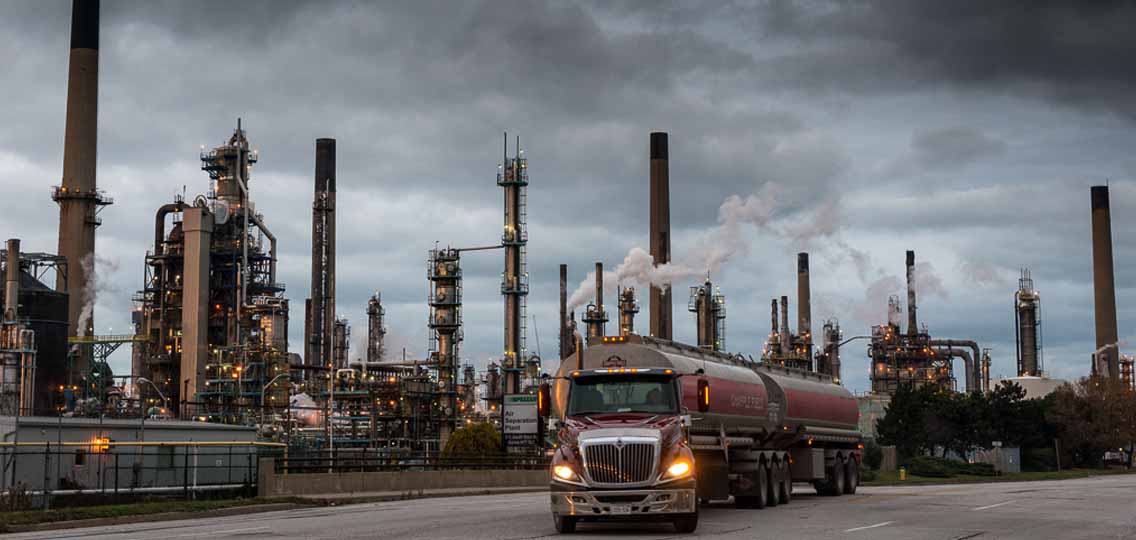Sarnia — Shell Canada’s Corunna site chemical spill of hydrogen sulphide to the air on Friday, April 26 resulted in the same chemical being detected in the Aamjiwnaang First Nation Reserve.
Ada Lockridge, Aamjiwnaang band member, took an air sample in her yard on Friday morning after several neighbors commented on the “rotten egg odour” in the community. Lockridge reported that the odor was intense in the morning and wafted throughout the day. Lockridge immediately notified the Ministry of the Environment’s Spills Action Centre, Shell and the Aamjiwnaang Day Care and Community Center, and additional regulatory contacts.
“I was told by Shell’s Kristina Zimmer that air monitoring is not showing detectable levels, but there it was – hydrogen sulphide, and my bucket detected it! I believe this was Shell’s third or fourth incident for the month of April 2013, that I know about”, said Lockridge.
Shell issued a code eight at the refinery and three workers were treated for hydrogen sulphide exposure. Aamjiwnaang Community sirens were not sounded to warn people to take shelter. At the time, children were outside waiting for the school bus.
CODE 8: Notification by a Chemical Valley Emergency Coordinating (CVECO) Organization member of an internal abnormal occurrence. No action taken by CVECO responders.
According to the United States Agency for Toxic Substances and Disease Registry, “Exposure to low concentrations of hydrogen sulphide may cause irritation to the eyes, nose, or throat. It may also cause difficulty in breathing for some asthmatics. In most cases, the person appears to regain consciousness without any other effects. However, in many individuals, there may be permanent or long-term effects such as headaches, poor attention span, poor memory, and poor motor function.”
The air sample detected levels of hydrogen sulphide that exceeds both the Ontario 24-hour health based standard and the 10-minute odour based standard. The air sample also included eleven additional chemicals. Little is known about the health effects of exposure to multiple chemicals at the same time.
“This result is further evidence of adverse effects and all the more reason why the Ontario Ministry of the Environment (MOE) must investigate this incident and other recent incidents,” stated Ecojustice senior scientist, Elaine MacDonald.
Shell also had a chemical release in January 2013. Ecojustice is assisting Lockridge and fellow band member, Ron Plain, in calling for a further investigation of Shell’s April and January chemical releases.
Lockridge was trained in Bucket Brigade air sampling in 2007 by California based Global Community Monitor. Trainer Ruth Breech stated, ”One has to wonder what is happening at Shell that is causing so many upsets? In the US, we are seeing an increase in upsets at refineries using highly corrosive gases, like hydrogen sulphide. This could be associated with heavy and/or tar sands crude oil.”

